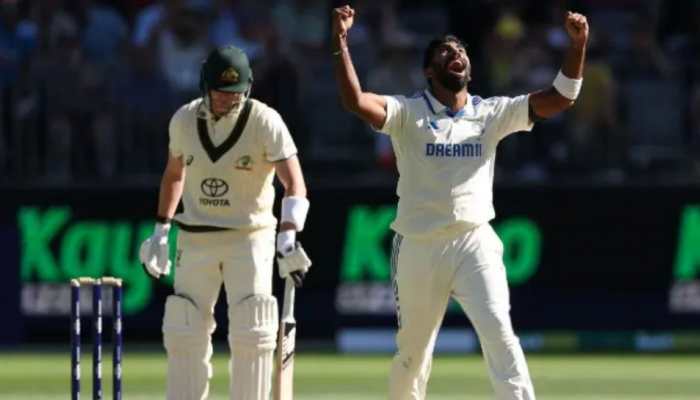Former PM Manmohan Singh Dies At 92: 5 Key Achievements Of Congress Veteran India Will Always Remember
Former Prime Minister Manmohan Singh passed away on Thursday at the age of 92. He had been in poor health for an extended period and was admitted to AIIMS in Delhi late in the evening, where doctors later confirmed his death. Dr. Singh was a highly regarded economist and statesman who served as India’s 13th Prime Minister from 2004 to 2014. He also held the position of Finance Minister during the early 1990s, where he played a pivotal role in shaping India’s economic reforms and new policy directions. Here are the 5 major achievements of the former Prime Minister Of India.
1. Economic Reforms and Growth
)
Dr. Manmohan Singh's tenure as Finance Minister in 1991 and later as Prime Minister was marked by transformative economic reforms. His leadership during India's liberalization process unleashed market forces, attracting foreign investment, reducing government control, and significantly boosting the country's economic growth. Under his guidance, India emerged as one of the world's fastest-growing economies, with a GDP growth rate reaching a historic high of 10.03% in 2010-11, marking the highest post-independence growth.
2. Social Welfare Programs and Poverty Alleviation

Dr. Singh's government focused on poverty reduction and improving the quality of life for millions of Indians. Key initiatives included the National Rural Employment Guarantee Act (NREGA), later renamed MGNREGA, which guaranteed 100 days of wage employment to rural households. Additionally, the government launched several other social welfare programs, improving healthcare, education, and rural infrastructure.
3. Right to Information (RTI) Act

In 2005, the Manmohan Singh government passed the Right to Information Act, a landmark legislation that empowered citizens to access information from the government. This initiative enhanced transparency, accountability, and governance in India, making the government more responsive to the public and promoting democratic values.
4. India-US Civil Nuclear Agreement

Dr. Singh played a pivotal role in the India-US Civil Nuclear Agreement, which allowed India to access civilian nuclear technology and fuel despite not being a signatory to the Nuclear Non-Proliferation Treaty (NPT). This agreement elevated India's international status, strengthened its strategic partnership with the United States, and helped ensure energy security for the country.
5. Strengthening Diplomatic and Global Relations

Dr. Manmohan Singh emphasized enhancing India's diplomatic relationships with global powers, focusing on economic partnerships and regional stability. His leadership resulted in stronger ties with countries like the United States, Russia, China, and neighboring Pakistan, positioning India as a significant player on the world stage.
Trending Photos








